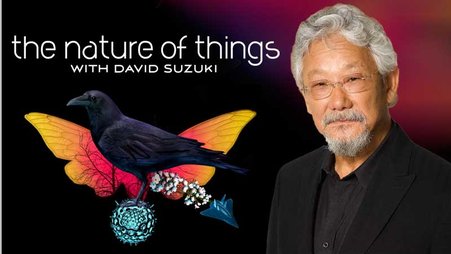Is Science Always Correct?

As sobering a thought as that may be, however, we need to consider where we’d be in the absence of science, i.e., a world driven by superstition and innuendo.
Then we have to think about the pure evil required to systematically remove science from policy-making.
CNN notes: The U.S. Environmental Protection Agency plans to limit the scientific research that the government can use to form public health regulations, The New York Times reported Monday. A draft of the EPA’s proposal obtained by the Times would require scientists to disclose their raw data, including confidential medical records, in order for the agency to consider a study’s conclusions. The move would complicate the enactment of new clean air and water regulations, which are largely rooted in academic studies that rely on confidentiality agreements because of personal health disclosures.
From NPR: As part of a broader reorganization, the EPA will eliminate the role created to counsel acting EPA Administrator Andrew Wheeler. Critics fear the move is a further demotion of scientific research. The U.S. Environmental Protection Agency is moving to dissolve its Office of the Science Adviser. That is the direct scientific adviser to acting EPA Administrator Andrew Wheeler. The EPA describes the move as an effort to streamline the agency, but critics call it another move by the Trump administration to diminish the role of science in decision making.
The fact that the Environmental Protection Agency has removed several sites from its homepage on climate change and greenhouse gas emissions, a move the agency says is meant to “reflect the views of the leadership of the agency,” should also be troubling to those wishing that science remain at the core of policy-making.
Why is all this happening? The corruptive influence of big money.
Applying science to law-making can only result in one thing: the conclusion that regulations are necessary to keep our environment relatively free of toxins, to maintain climate stability, to ensure the pH of the oceans isn’t falling precipitously, to stave off mass extinctions, etc. And whenever a corporation sees the word “regulation,” they (correctly) translate that as either a) a cost, b) an impediment to growing top-line revenue, or c) the necessity to hire lobbyists to buy favors from our Congress. None is good, but experience has taught them that c) is far less expensive than a) or b).

Craig,
Why do you have to turn everything into a political/ideological conflict or moral crusade?
Why must everything be a the subject of outrage and moral indignation, if others don’t agree with your particular viewpoint?
Why must the only answer to other not agreeing with you be the result of “evil” “corruption by ‘big’ money”, or moral turpitude?
Why must everything be taken to extremes?
In itself, science is simply a quest for better understanding and knowledge. Often there are widely different interpretations and opinions among scientific researchers. The idea of a rigid “consensus” or orthodoxy is contrary to the spirit of scientific inquiry.
While you may feel the EPA which is funded by the American taxpayer should be active political advocates for certain dogma’s and agenda that suits your particular political/ideological agenda, others don’t agree.
The current administration wants the taxpayer funded site to contain only non-politically partisan information about the agency. This approach is designed to reflect and encourage the impartiality and objectivity of the website and the work of the EPA which under Obama had become a refuge for radical political extremist “crusaders”.
It’s quite possible for environmentalists to achieve a great deal for the environment, without subscribing to your narrow viewpoint.